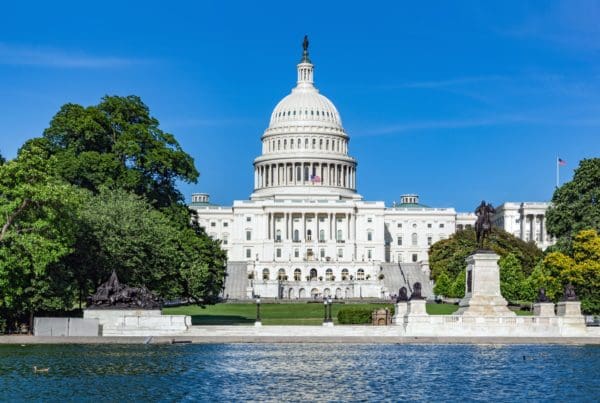Since their inception, search engines have never stopped innovating. From mere directories to complex algorithms that navigate us throughout the expanses of the web – this is the history of search. But, PageRank by Google should undoubtedly be considered a milestone. This algorithm drastically changed the search landscape by making the most relevant and high-quality links on the web accessible. Shortly after, algorithms become more sophisticated, while the amount of data processed grew.
However, it is only in recent years that Alan Turing’s AI started to revolutionize search. In particular, technologies such as Google’s BERT – the first large-scale transformer – utilize a mode of NLP that finally starts to understand what people mean. In other words, with BERT, AI understands query like humans. However, for Bear Atlantic Group, which always uses the technology to maximize business opportunities, AI offers a much deeper implication. As AI can process and analyze never-seen-before datasets, one can utilize it to understand consumer behavior and market demand on a scale previously unseen.
Scenarios in Which AI Might Replace Traditional Search
Given the level of development of AI, it is primary to imagine a variety of scenarios in which it would replace traditional search engine:
- Direct answers. AI can immediately give one a correct answer based on the context of one’s query. It means that one does not have to wade through pages with irrelevant content but concentrate on the information content. Therefore, for this reason, SEO would stop working, meaning that the utility and importance to humans would be the priority.
- Personalized search. One of the achievements of AI refers to the level of personalization of a query. For example, searching for one thing would be associated with another one, as Human Resources imply. Thus, the opportunity to focus on the segment that AI chose would be the thing.
- Seamless Integration: AI can also manifest as an intrinsic part of normal devices that can afford such search capabilities as browsing items across voice assistants and the internet of things. This phenomenon virtually eliminates the use of browsers and conventional search queries. Any of these may necessitate a leap in how you perceive SEO and what may go down for it – namely, AI-based engagements.
Impact on SEO: AI’s anticipated transformation of the search world is doing a number over old-school SEO philosophy. Keywords, link-building – bye-bye.
- Conversational AI adaptation: SEO strategies should be redefined to consider optimizing content.
- Semantic richness: SEO goals must face the challenge of the rich content, hardly a short, minute read.
- Structured data: SEO compulsorily needs to enrich content so that AI gets to understand and sorting data structures.
While AI technologies take over your search, it’s essential to show the clients the changes in behavior, which turns developing AI-powered SEO strategies by Bear Atlantic Group into a competitive advantage. Yet, many are also the opportunities and risks behind the AI revolution:
- Specialists & skills: SEO specialists spend time in the shadow to train data chops with an edge for AI’s peculiarities.
- Dynamic optimization as AI masters learning curves beyond comprehensions
- Ethical concerns: AI-enhanced anything still has some pit (speak, chat!) falls, particularly in its right-mannered.
Conclusion and Perspective
The further AI technologies, such as ChatGPT, develop and integrate into the work of search engines, and the search engine optimization is liable to face substantial changes. In the future, the only way for the businesses to keep up is by accepting transformation, identifying new trends, and relentlessly invention. Bear Atlantic Group continues to concentrate on capitalizing on these advancements to develop strategies that will not just adapt to the changes in technology, but will create those advances instead. As we look at the future, AI running search engines implies a digital strategy of another age, where adaptiveness and anticipation will determine accomplishment.





